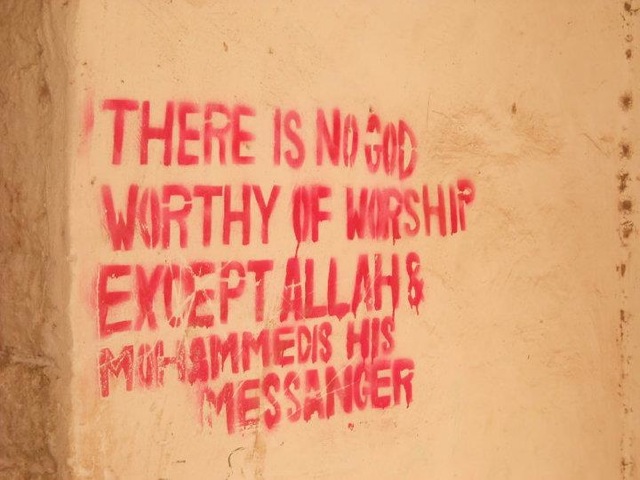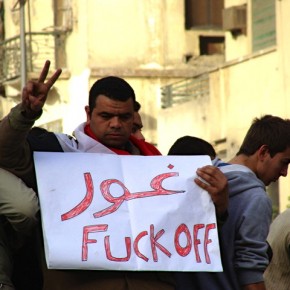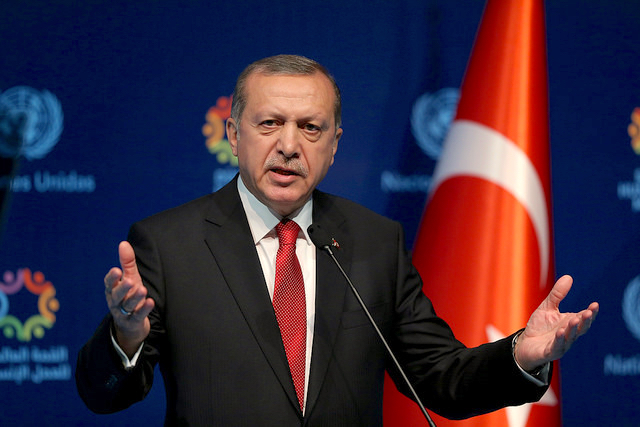I have not fasted for years. I rejected Ramadan along with the doctrine of Saudi-Pakistani Wahhabism. For me, Ramadan was another reminder of a Salafist ritualistic obsession. I never saw this as inherently a problem. However, I began to note that for the higher classes, Islam seemed to have deteriorated. I saw this with every aspect of the faith. This being the first day of Ramadan, we shall focus on the relevant pillar of Islam: sawm, or ritual fasting.
Abstinence had become a convenient way for us to acknowledge our faith’s concern for the wretched of the earth. Our lamentations, unfortunately, would end there. We would never take the next step and, while anchoring ourselves in the central elements of Islam, dedicate ourselves to dismantling the conditions that manufacture wretchedness in the first place. It was bizarrely apparent that we, as middle-class Muslims, were half-engaging in practices of social uplift through Ramadan, while simultaneously deepening the hegemony of global capitalism.
For instance, our substantial charity efforts never seemed to confront the question of why there was unemployment, or an economically-underdeveloped region, in the first place. They just made us feel better. My conclusion was that we were only willing to follow through on the spirit of Ramadan so long as the approaches we took didn’t threaten our own comfort, and that of the status quo. It seemed that without social action, our devotional rhetoric about standing in solidarity with the poor was just that – rhetoric. And so, I stopped fasting.
This Ramadan, I have decided to reexamine my disgust. Broadly, it makes little sense to abandon Islam to become a playground for those who follow the line of an increasingly transparent theofascism. Mainstream Islamic discourse can, and should, be taken away from the repressive constraints of market-driven societies. I choose to view fasting as a means for approaching this wider objective.
Fasting is typically viewed with an emphasis on abstaining from food, drink, and earthly pleasures during daylight hours. This is meant to purify the soul, diminish reliance on material goods, and build a relationship of understanding with the poor. All of these qualities have renewed importance in the accelerating inequality that defines neoliberalism. It is a simple matter to follow through on them, enough to struggle on behalf of the impoverished.
However, Ramadan should also be a time when we proceed one step further. Reliance on material goods is only one articulation of the wider social failure that Ramadan (and also the Hajj) explicitly targets. Fasting is fundamentally about rejecting the illusions that govern material reality.

The Prophet has been recounted as stating, “whoever does not give up forged speech and evil actions, Allah is not in need of his leaving his food and drink”. There are various translations of the classical Arabic in this hadith, but regardless of their subtleties, it is meant to convey that abstaining from consumption is not the totality of Ramadan.
Rather, fasting predicates on abandoning falsehoods. The hadith‘s strength is that it does not specify the character of these falsehoods.
This allows it to be taken flexibly based on historical period and context. Late modernity has unleashed enough illusions that I have no shortage of attitudes to reject during my fasts: the primacy of the market, nationalism and xenophobia, and rigid gender binaries, to name a few. I believe that the critical tradition of the Mu’tazilites also compels me to reject illusions in Islam itself, which may even include the existence of Allah altogether.

Of course, it is not that easy. Ramadan is not a month that is meant to obliterate illusions by itself. It is meant to be a spiritual reflection on how to approach these illusions, both in our own lives, and in the world around us.
Thus, I choose to view fasting as an exercise for critically dissecting the problems of the social structures that we adapt and perpetuate; for the sake of envisioning a future where humanity has moved past them.
Perhaps the deepest fulfillment of this model is that inequality and its ideologies will mean something different in future epochs. I therefore fast for coming generations as well, secure in the knowledge that however humanity’s problems evolve, there will always be a means to reflect on and challenge them.
Photographs courtesy of the author





